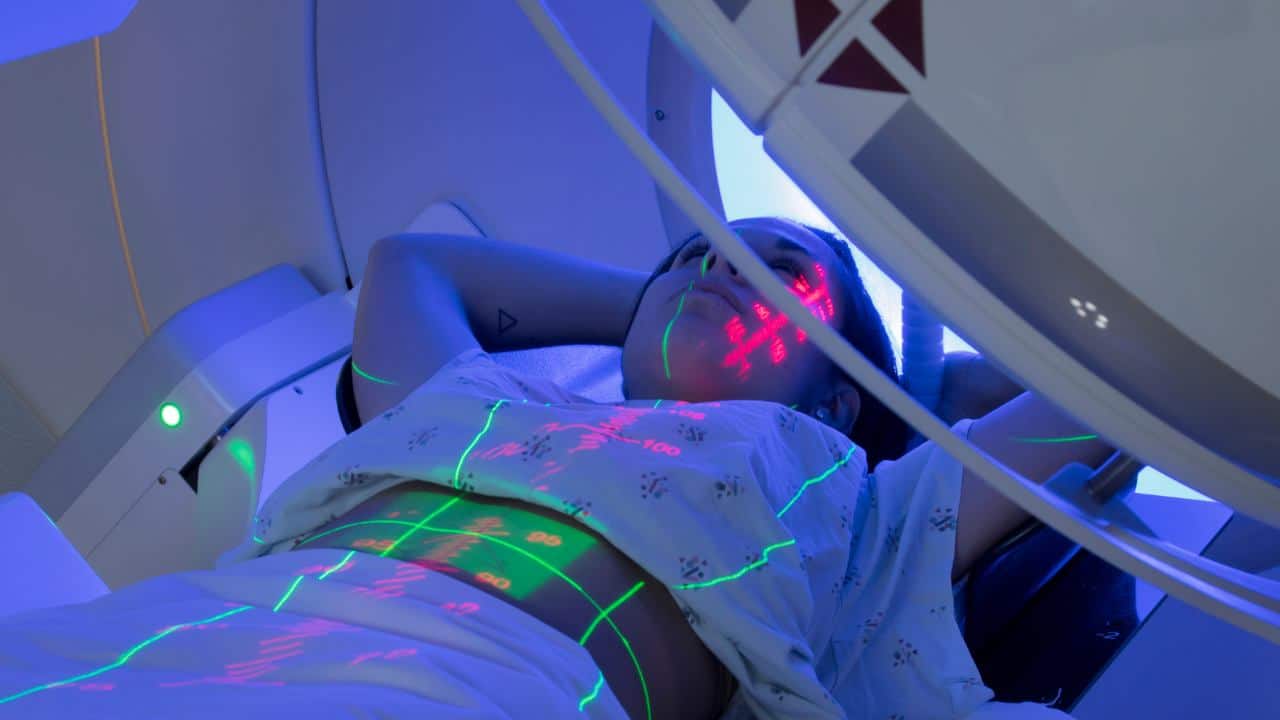Understanding Side Effects of Radiation Therapy: Managing and Mitigating Discomfort |

When undergoing any medical treatment, it is crucial to be aware of potential side effects. In the case of radiation therapy, a common treatment for various conditions, there are side effects that patients may experience. In an interview with the Health Channel, Dr. Marcio Fagundes, Medical Director of Radiation Oncology at Miami Cancer Institute, discusses the side effects associated with radiation therapy, with a specific focus on irritated, dry, and red skin. Additionally, we will explore other discomforts that patients may encounter during their radiation treatment journey.
One of the most common side effects of radiation therapy is skin irritation. This occurs because radiation intentionally targets the skin or the tissue just beneath it, such as lymphatic channels. Patients who have undergone procedures like mastectomy may have the skin as part of the treatment target. As a result, the skin receives a higher dose of radiation, leading to temporary redness and irritation. This condition is referred to as dermatitis, which, in simpler terms, can be compared to a burn. However, it is important to note that radiation-induced dermatitis is a deliberate and controlled process and differs from accidental burns.
In addition to irritated, dry, and red skin, patients may experience other discomforts during radiation therapy. These can include a heavy and tight feeling in the treated area, which may result from swelling and inflammation of the skin. Some patients may also experience decreased sensation or numbness, which can be attributed to both the surgery and radiation treatment. Moreover, fatigue is common among patients undergoing radiation therapy, as they typically receive daily treatments over several weeks. This can contribute to a loss of appetite, although it is not a prevalent side effect specifically caused by radiation therapy.
To mitigate these side effects and manage discomfort, healthcare providers employ various strategies. Patients are typically provided with specific skincare instructions, including gentle cleansing and moisturizing techniques, to alleviate skin irritation. Additionally, specialized creams or ointments may be prescribed to soothe the skin. Patients are advised to avoid exposing the treated area to excessive sunlight or extreme temperatures, as these can exacerbate skin irritation. Communicating openly with healthcare providers about any discomfort or changes experienced during treatment is essential, as they can offer tailored solutions and support.
Radiation therapy is an effective treatment option for various conditions, but it does come with potential side effects. Irritated, dry, and red skin is a common side effect that patients may experience, particularly when the skin is intentionally targeted for treatment. While discomfort is inevitable, healthcare providers can guide patients in managing these side effects. Through proper skin care practices, specialized creams, and open communication, patients can alleviate skin irritation and enhance their overall comfort during radiation therapy. Remember, each individual’s experience may vary, and healthcare professionals are equipped to provide personalized guidance to mitigate side effects and ensure the best possible outcomes.
To find out more about radiation therapy, you can check out more videos on the Health Channel YouTube: https://www.youtube.com/watch?v=bEvaTGCCvvs








